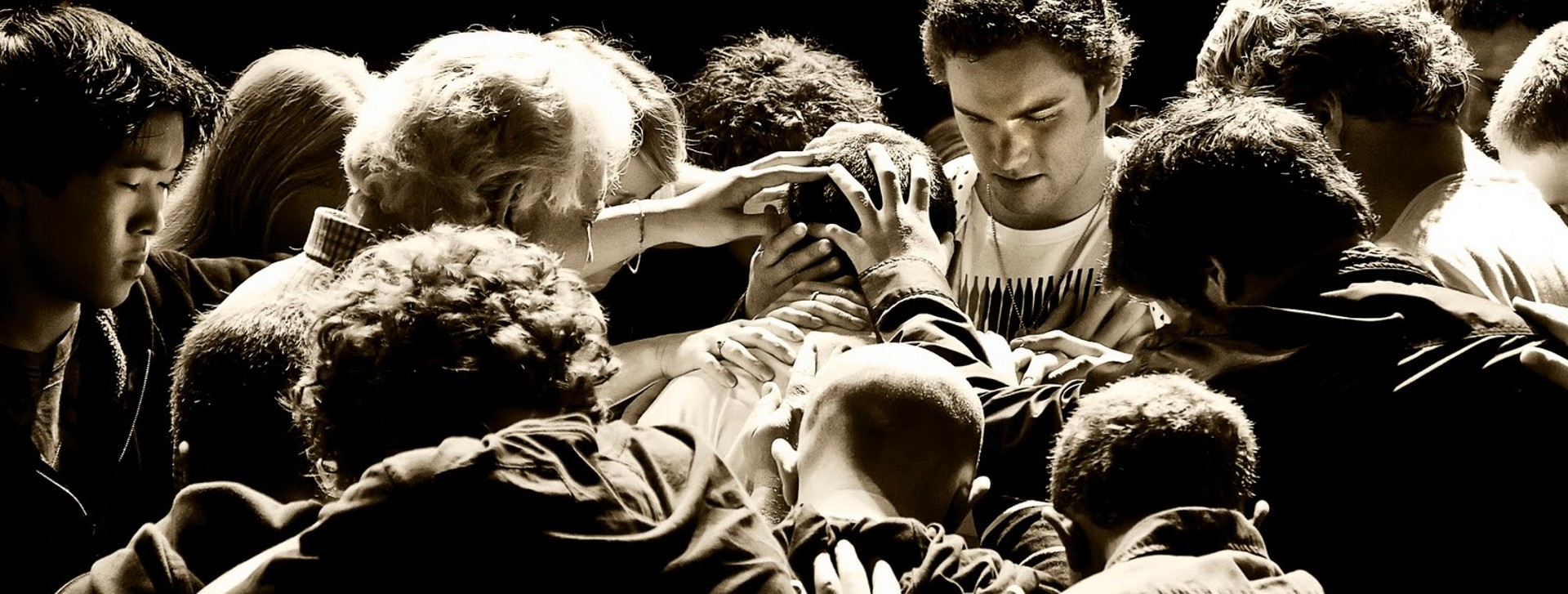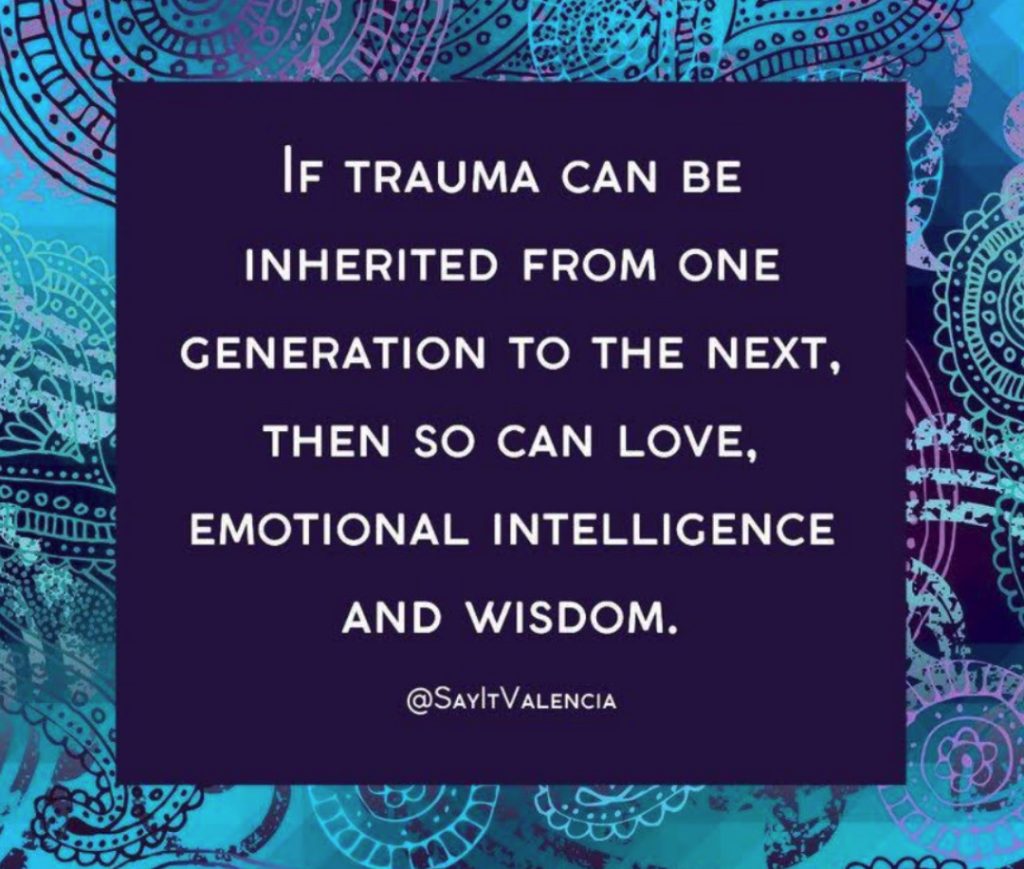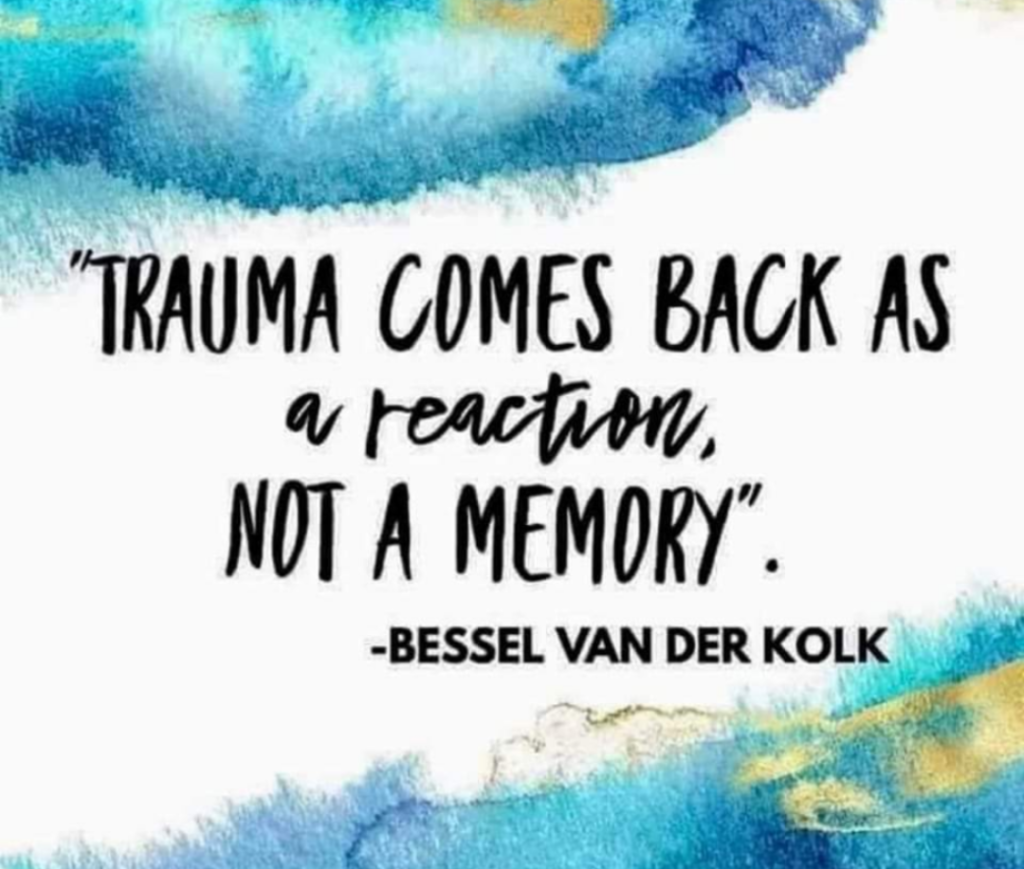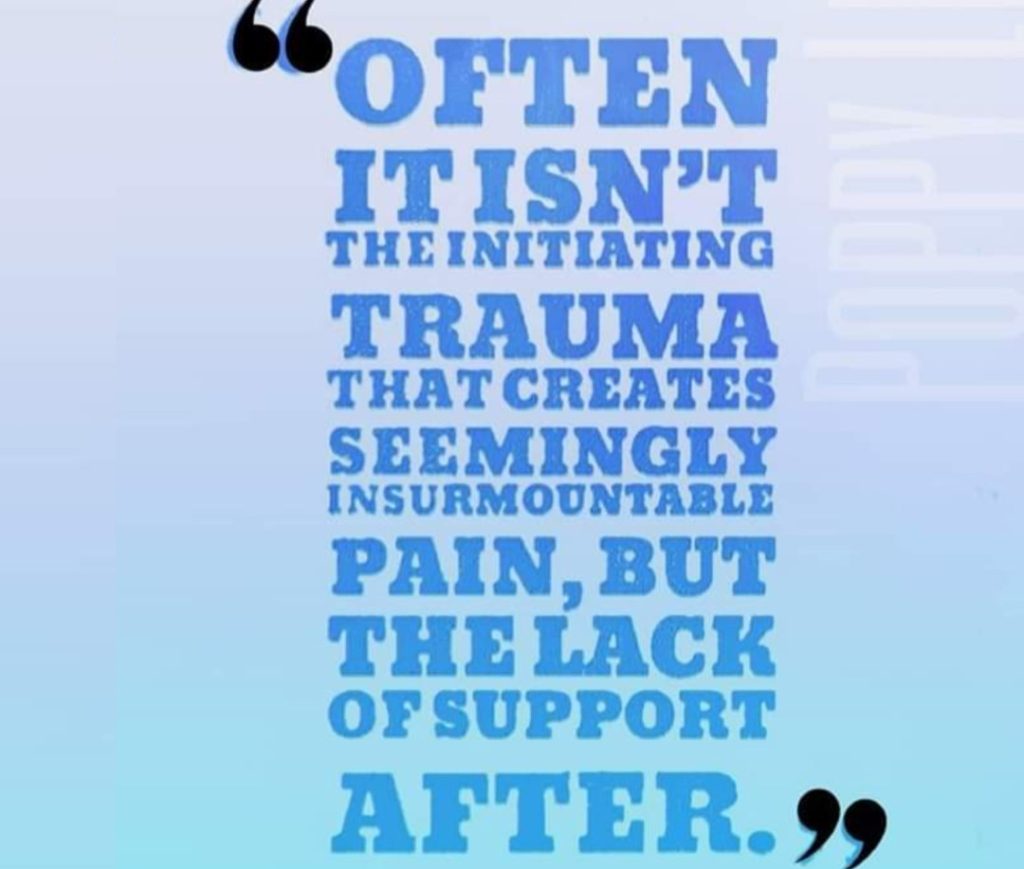

Intergenerational Trauma
There are many ways intergenerational trauma can impact families. Parents with PTSD may be detached and unresponsive to their children’s needs, neglectful, depressed, abusive, acutely anxious, or overprotective.
Historical trauma can be passed down on a person’s genes to future generations.
Collective traumatic experiences spread throughout families, within racial, cultural, indigenous, and ethnic communities and can leave weeping wounds affecting multiple family members for years to come.
Due to the stigma surrounding mental health globally, identifying different ways to describe and connect with another’s distress requires a commitment to lifelong learning and open mindedness to update our therapeutic modalities to accommodate a person’s cultural beliefs and traditions.

The impact of slavery is still pervasive within communities as they still facing racial inequalities, prejudice, and discrimination. Descendants born into hereditary slavery subjected to horrific brutalities and violence. Slavery still exists today living in various forms of exploitation victims of sex trafficking, domestic servitude, forced labour and forced marriage.
Indigenous cultures across the globe having their identities stolen and eradicated, their children stolen from them and sent away to residential schools forbidden to speak their native language. Many of the children subjected to sexual and physical abuse. Colonization stripped populations of their autonomy and oppressed their culture.
Genocide and forgotten holocaust survivors compelling individuals to remember the atrocities inflicted by other countries. The psychological and physical impact of the past and resulting PTSD symptoms of living with the pain of the past and memories of what happened to the generations before.
Migrant children of refugee parents experiencing many developmental milestones, physical, emotional, educational, behavioural, and cognitive. Separated migrant children suffering more instability and psychological difficulties due to acculturation issues and being torn between two different cultural ways of life. many experiencing complex PTSD, anxiety disorders, depression, and self-harm.
Living with war can have damaging consequences leading to PTSD and mental health disorders.
The multiple effects of stress on parental abilities and functioning of mothers and fathers living with domestic violence and the resulting parent to child aggression and disconnected attachments.
The trauma of sexual abuse perpetrated across generations; some mothers having limited cognitive knowledge of abuse happening in their homes. Parenting can feel overwhelming and denial that abuse is /or has happening can cause chaos and unbearable pain for the survivor of the abuse. Many of us will have experienced or inherited intergenerational trauma with each generation experiencing their own family trauma patterns. Generational trauma can be passed on through oppression, CPTSD and PTSD, dysfunctional relationships, family betrayals, war, illnesses, parenting, domestic violence, sexual abuse, poverty, alcoholism and substance misuse and untreated mental illness. The traumas of abuse and narcissistic hostilities can leave us with deep intense wounds. If the wounds are left unhealed or untreated, they can have a detrimental impact on future generations.






Denial of Trauma
It is common for many families to deny that trauma has existed having devastating effects on a person’s physical and mental wellbeing. Trauma blocking can cause compulsive habits and behaviours preventing the developing sense of inner peace or natural, spontaneous, intimate attachments with others. Denying childhood trauma creates powerful links between past and present emotions. Strong reactions of anger, fear, sadness powerlessness, vulnerability, panic, and guilt can be felt in daily interactions putting individuals at danger of relapse into repressed memories.
The impact of intergenerational trauma can cause a lack of emotional bonding between parents and siblings and extended family members. Repetitive ongoing violence of children by adults. Insecure attachments and emotional neglect. Maladaptive personality traits and toxic relationships. Addictions throughout generations, loss and absent family members, lack of healthy role models, denigration of identity and suppression of culture and traditional values and beliefs, low self-esteem, and ongoing mental health issues.


- Have you or someone you know experienced unhealed trauma?
- Do you struggle with a sense of unworthiness and fail to see your positive traits?
- Do you feel family members deny or silence what has happened?
- Are you exhausted by the criticisms and negativity within your family?
- Are your boundaries constantly being challenged?
- Do you feel you do all the giving in a relationship. Are you a people pleaser?
